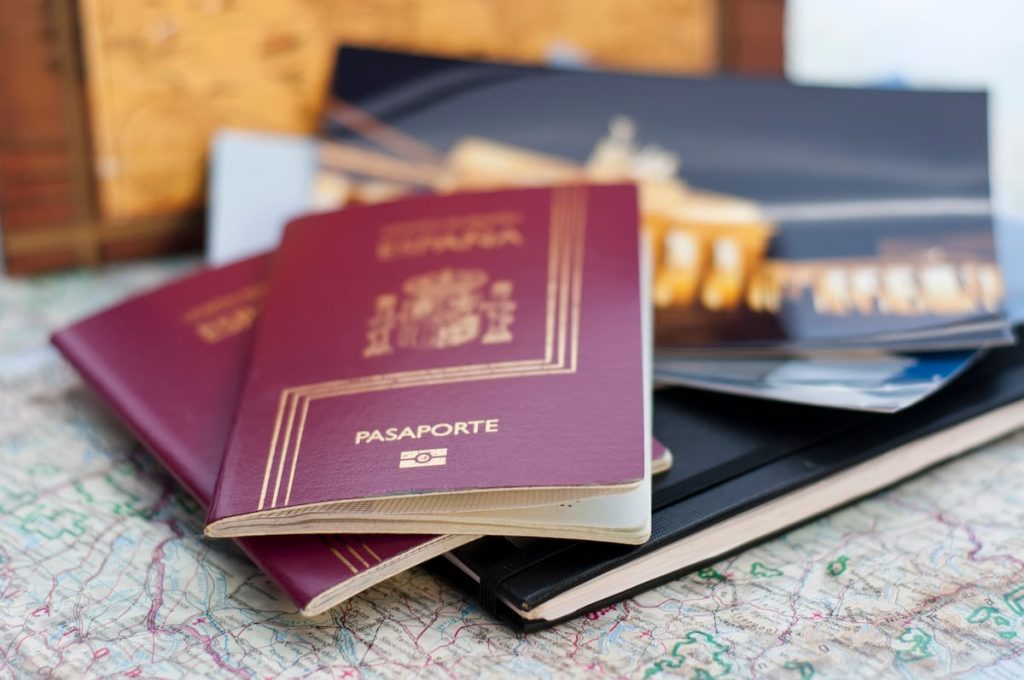A total of 226,354 descendants of Spanish exiles and emigrants had applied for nationality under the Democratic Memory Law of 2022 by December of last year. Of these, 110,540 applications had been approved and 69,421 registrations had been completed, with the deadline set for October of this year. The Minister of Foreign Affairs, José Manuel Albares, will present this information to the Council of Ministers in a report on the consular activities of 2023. In Spain, there are 178 consular offices serving 2.9 million Spanish residents abroad, an increase of 118,000 from January 1, 2023, and double the number from 15 years ago. 28% of these residents are over 60 years old, with 58.7% residing in America and 37.7% in Europe. The consular offices also handle short-term registrations for stays of less than a year, which amounted to 28,934 registrations.
In the past year, Spanish consular offices processed 1,609,047 visas, marking a 19.6% increase from 2022 and more than triple the number from 2020, a year heavily impacted by travel restrictions due to the COVID-19 pandemic. 85% of visas issued were for short-term stays of up to 90 days per semester, and almost 6% were study visas. In addition to visa processing, consulates also handle registrations of births, marriages, and deaths in the civil registry, totaling 156,503 cases last year, a 39% increase from 2022. The consulates also issued 388,722 passports, and were involved in 41 adoptions, 55 cases of international child abduction, and 428 new cases of gender-based violence. They assisted in the repatriation of 26 Spanish women and 14 minors, alongside providing support to 940 Spanish nationals imprisoned abroad.
Consulates also played a significant role in organizing electoral processes for municipal, regional, and general elections in 2023, with the elimination of the “voto rogado” system making it easier for residents abroad to exercise their voting rights. They were also responsible for facilitating economic assistance for Spanish nationals in need, totaling nearly 700,000 euros. Furthermore, consulates responded to 8,800 individual or collective emergencies throughout the year, including evacuations of Spanish nationals from conflict zones such as Ukraine, Gaza, Sudan, and interventions in crises like the Hamas attack on Israel, the coup in Niger, and the earthquake in Morocco.
To handle these tasks effectively, the Ministry of Foreign Affairs has initiated a digitalization process for the consular network, covering 86 consulates general, two consulates, and 90 consular sections in embassies, along with 515 honorary consulates and vice-consulates, as outlined in the report. The digitalization efforts aim to streamline and enhance services provided by consular offices, improving efficiency and accessibility for Spanish nationals living abroad.


